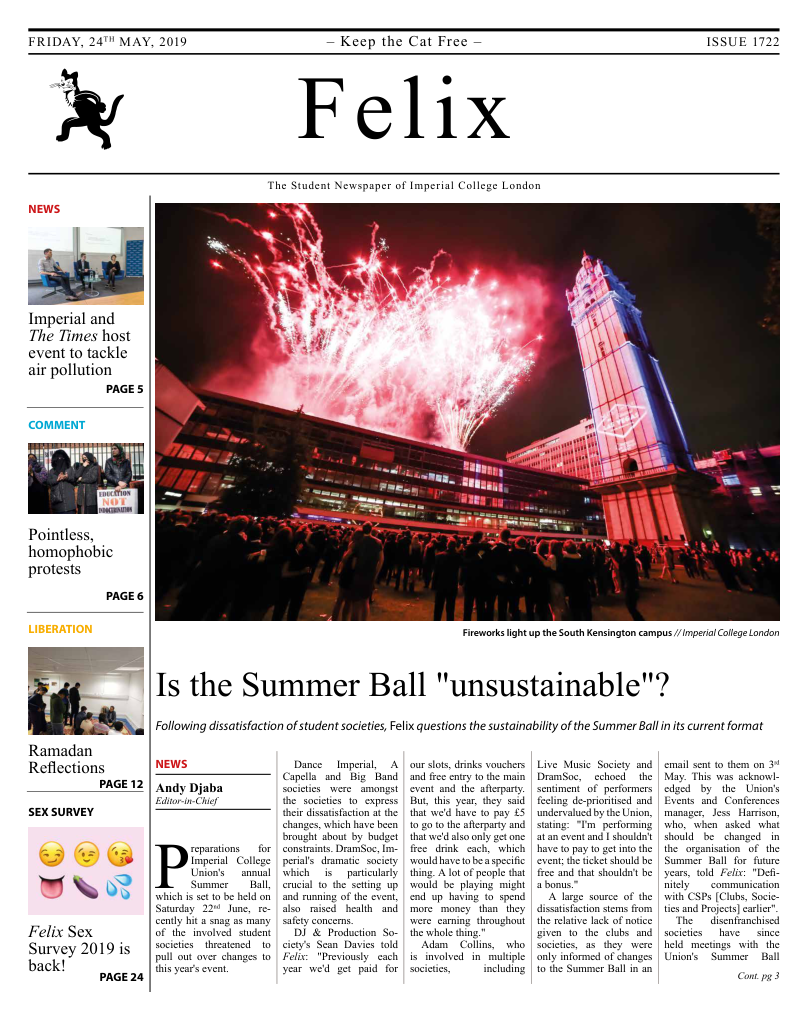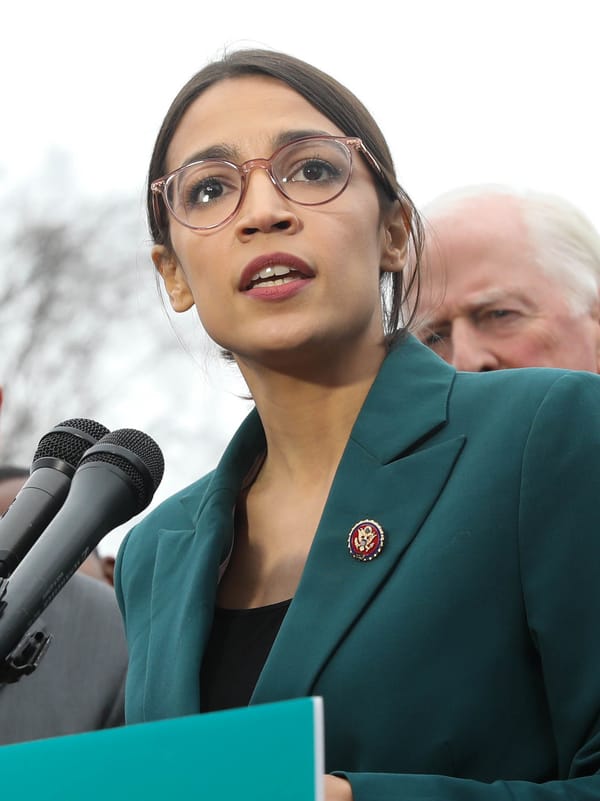A Policy View of Abortion
The ethics behind abortion have been debated over and over. Think about it policy-wise instead.

Last week, the Alabama State legislature approved a bill that would limit a woman’s access to abortion at every stage of pregnancy and make it a criminal offence for doctors who provide the service. This measure has been the most drastic move by American pro-lifers to challenge a woman’s right to choose to end her own pregnancy; whereas recent bills passed by other states to restrict abortion access have included exceptions for pregnancies caused by rape and incest, Alabama’s has no such concessions. The Republican lawmakers who authored this bill are well-aware of its extremity. Indeed, they are hoping that the unconstitutional nature of their proposal can bring the ethos of abortion back into the Supreme Court’s deliberations.
The abortion debate is multi-faceted. Whether or not one views abortion as morally acceptable does not always dictate whether they think it should be always legal. And of course, religious belief, the weighing of a mother’s right to bodily autonomy against the fetus’ right to life, the scientific determination of when life begins, fetal viability are all factors lumped into the discussion. In America, however, the public discourse only revolves around and agonises over a 1973 landmark decision by the U.S. Supreme Court, Roe v. Wade, which establishes that a woman’s decision of abortion is protected by her right to privacy. And since this ruling, there has been an unrelenting effort by conservatives to try and overthrow the legal precedent established by Roe. It seems, like most issues in America, this is a little too deeply embedded in cultural and partisan divides for actual policy discussions around it to surface and be taken seriously.
The anti-abortion argument is simple and uncomplicated, as its basis is mostly in the religious belief that life begins at conception when God creates us in the womb, and because abortion in even the earliest stages of pregnancy would be to end that life, abortion is effectively murder. The case for allowing abortion is understandably less easy to argue for, there isn’t a straightforward way to capture the implied beliefs of what pro-choice is in a similarly cohesive manner. My perspective, at least, is that pro-choice policies implicitly demand social trust in pregnant women to be well-informed of their options and their respective outcomes, and that they do not abuse the freedom of choice through irresponsible and reckless behaviour.
Nonetheless, believing in pro-choice comes hand-in-hand with demanding increased availability of sexual education, contraceptives, and family planning, which would decrease the rate of unwanted pregnancies that contribute to a significant percentage of abortions. Because fundamentally, nobody actually believes that abortion is good if it is unnecessary. Advocating for women to be given this choice is not synonymous with the casual disregard for a fetus, nor does it represent an encouragement for women to disregard contraceptives and be careless about pregnancy, nor a disrespect for one’s religion; instead, it is simply an understanding that, for the greater good of a woman’s freedom to choose abortion should be an available choice, and that other policies can be made to tackle the reasons why one might require abortion as an option.
I’ve mentioned some of those policies – family planning and contraceptives – and to further this argument let’s say we’ve perfected those policies but, because accidents happen, the woman gets pregnant anyway. Since women can’t just magically un-pregnant themselves (which would definitely be preferable over abortion), it then makes sense that the option of abortion is an option women should have. No woman sees abortion as an inherently pleasing, attractive process to put themselves through; women who choose abortion do so because they believe it is what’s best when compared to the alternatives they face: being financially unable to support the child, having to raise the child alone, knowledge that the child will be born with physical or mental health complications. Restricted access to abortion is not at all a policy that addresses the root of their problem that led them to choose abortion. Instead, solutions should improve the ability of the welfare state to support low-income or single-parent households in raising a child, and even more support for parents raising disabled or diseased children, so that they don’t see the disability/disease as a burden heavy enough to deter them from having the child at all.
As for Alabama and Roe v. Wade, it currently seems unlikely that their bill will be brought to the Supreme Court. If they do decide to take on this issue next year (the Court operates on a sort of cycle where judicial orders and opinions are released around June every year), the outcome will have significant influence over the looming 2020 elections. Regardless, the most effective solution for either side of the American public is also the simplest: vote.









